Tag: Mayoral elections
-
Tracking mayoral partisanship in 2023
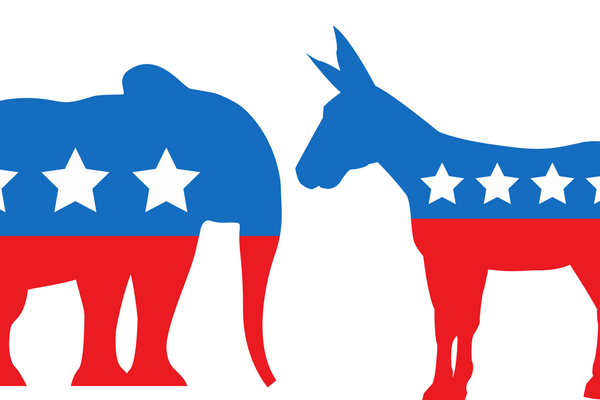
Forty mayoral elections are taking place in the 100 largest U.S. cities by population and the 50 state capitals in 2023. Ballotpedia has tracked the partisan affiliation of the mayors of the 100 largest U.S. cities since 2016, and we’ve tracked the partisan affiliation of state capital mayors since 2021. Of the 40 cities with…
-
Voters to decide mayoral and city council elections in Indianapolis
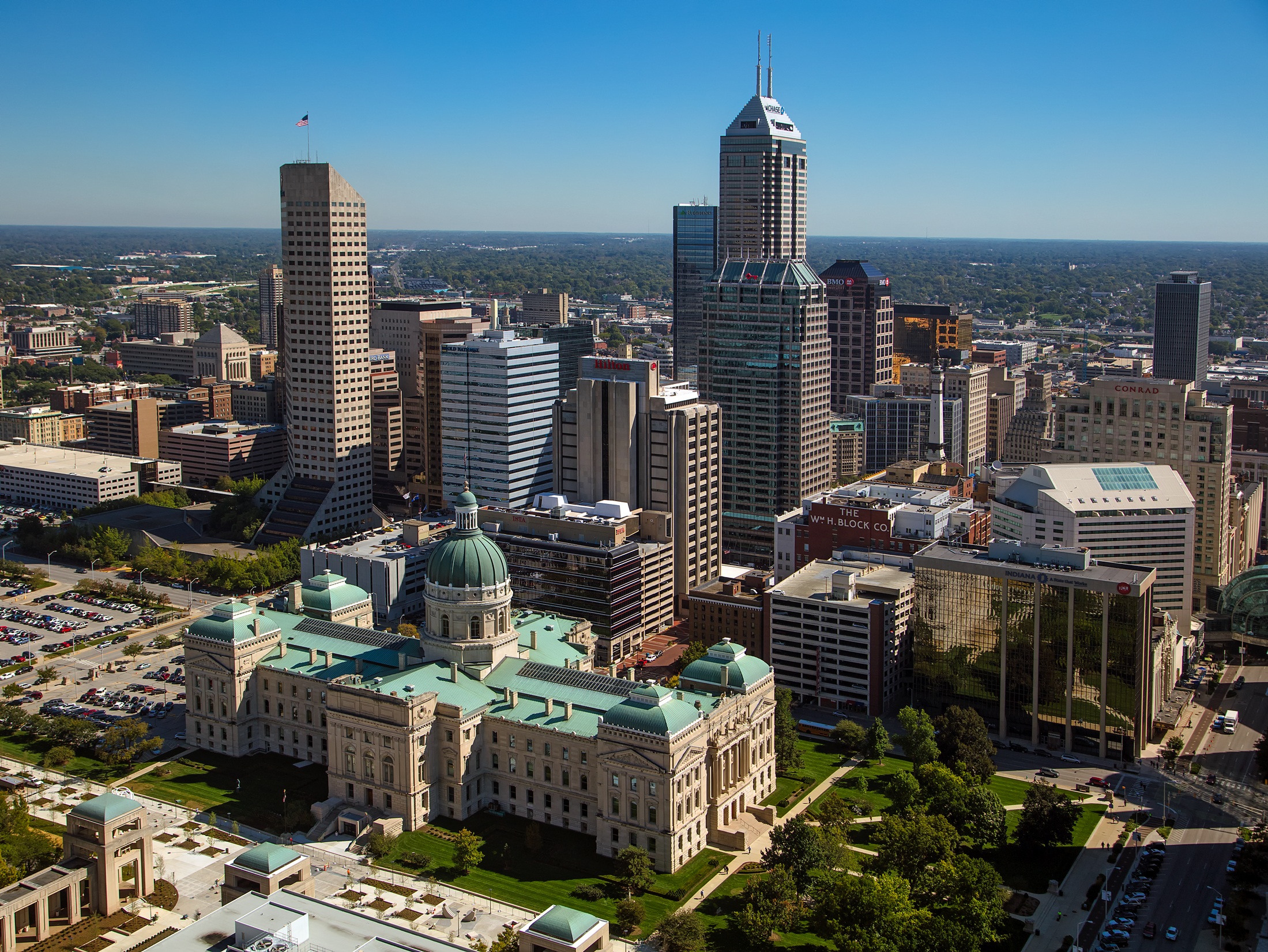
Indianapolis, Indiana, is holding primary elections on May 2, 2023. Candidates are competing to advance to the general election scheduled for Nov. 7, 2023. The filing deadline to run was on Feb. 3. Candidates filed for city council and mayor. For city council, 21 of 25 incumbents are running for re-election. Incumbent Joe Hogsett, Bob Kern,…
-
Nine candidates running in Democratic primary for mayor of Philadelphia
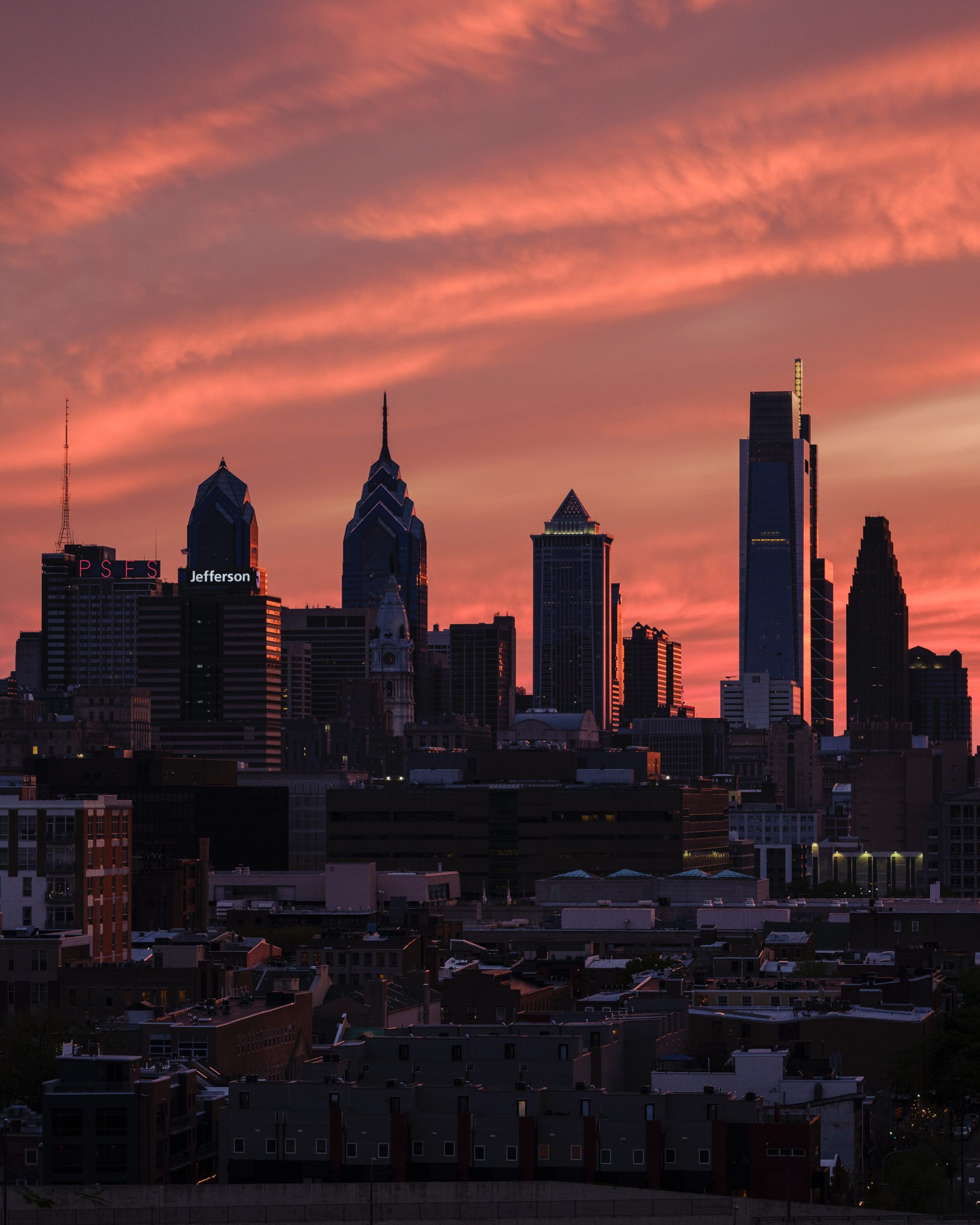
Nine candidates are running in the Democratic primary for mayor of Philadelphia on May 16, 2023. The winner will face David Oh—the only candidate who ran for the Republican nomination—in the general election on Nov. 7. Incumbent Jim Kenney (D), who was first elected mayor in 2015 and re-elected in 2019, is term-limited. Asha Prihar,…
-
Johnston, Brough advance to mayoral runoff in Denver
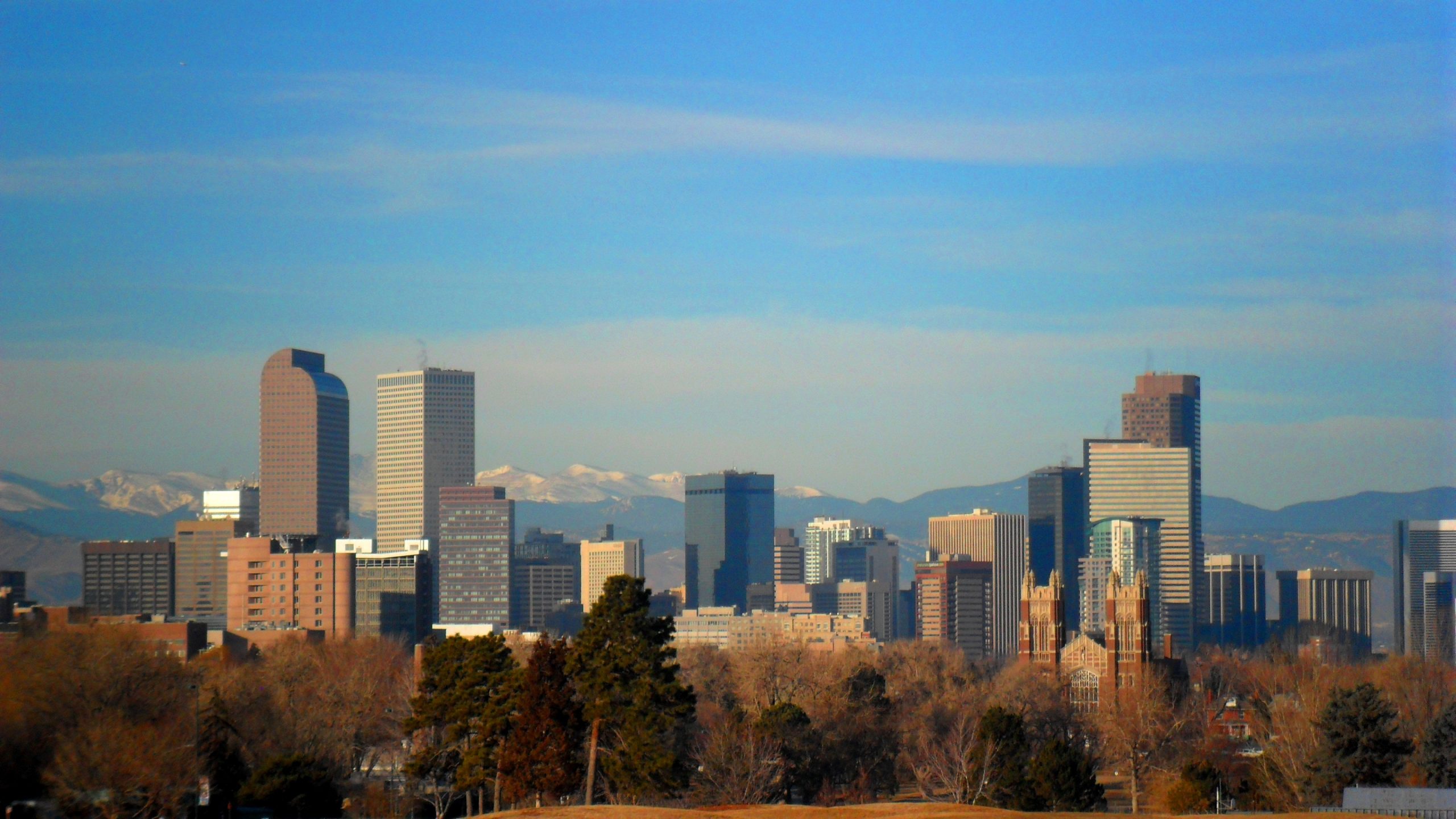
Michael Johnston and Kelly Brough were the top-two finishers in the nonpartisan general election for mayor of Denver, Colorado on April 4. They received 24% and 20% of the vote, respectively. Since no candidate received a majority of the vote, Johnston and Brough will head to a runoff on June 6. There were 16 candidates…
-
Brandon Johnson wins runoff for mayor of Chicago
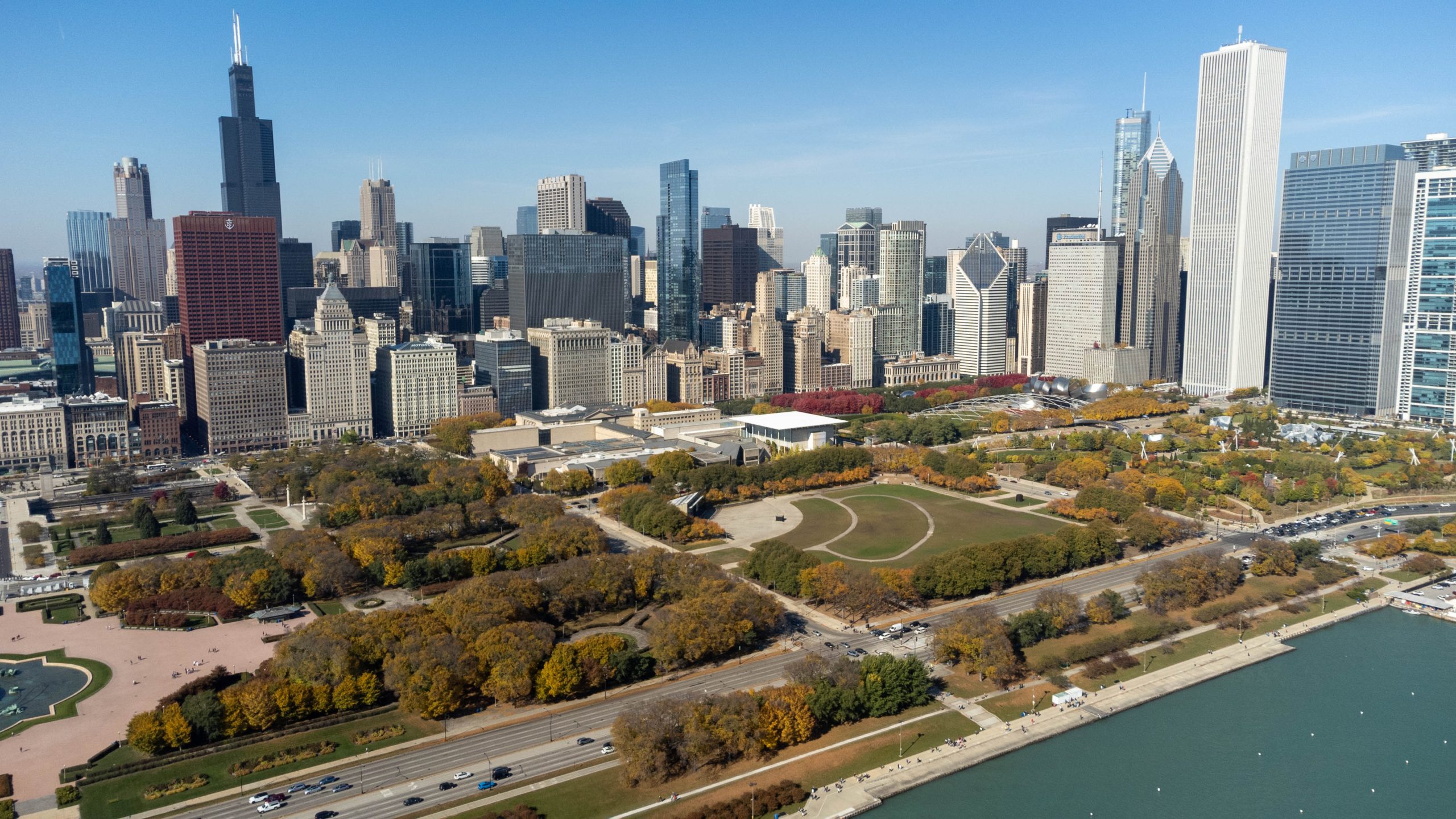
Brandon Johnson defeated Paul Vallas in the runoff election for mayor of Chicago, Illinois, on April 4, 2023. Johnson received 51.4% of the vote and Vallas received 48.6%. They advanced from a field of nine candidates in the Feb. 28 general election. Johnson was elected to the Cook County Board of Commissioners as a Democrat…
-
Donna Deegan (D), a candidate in Jacksonville’s 2023 mayoral runoff election, completes Ballotpedia’s Candidate Connection Survey
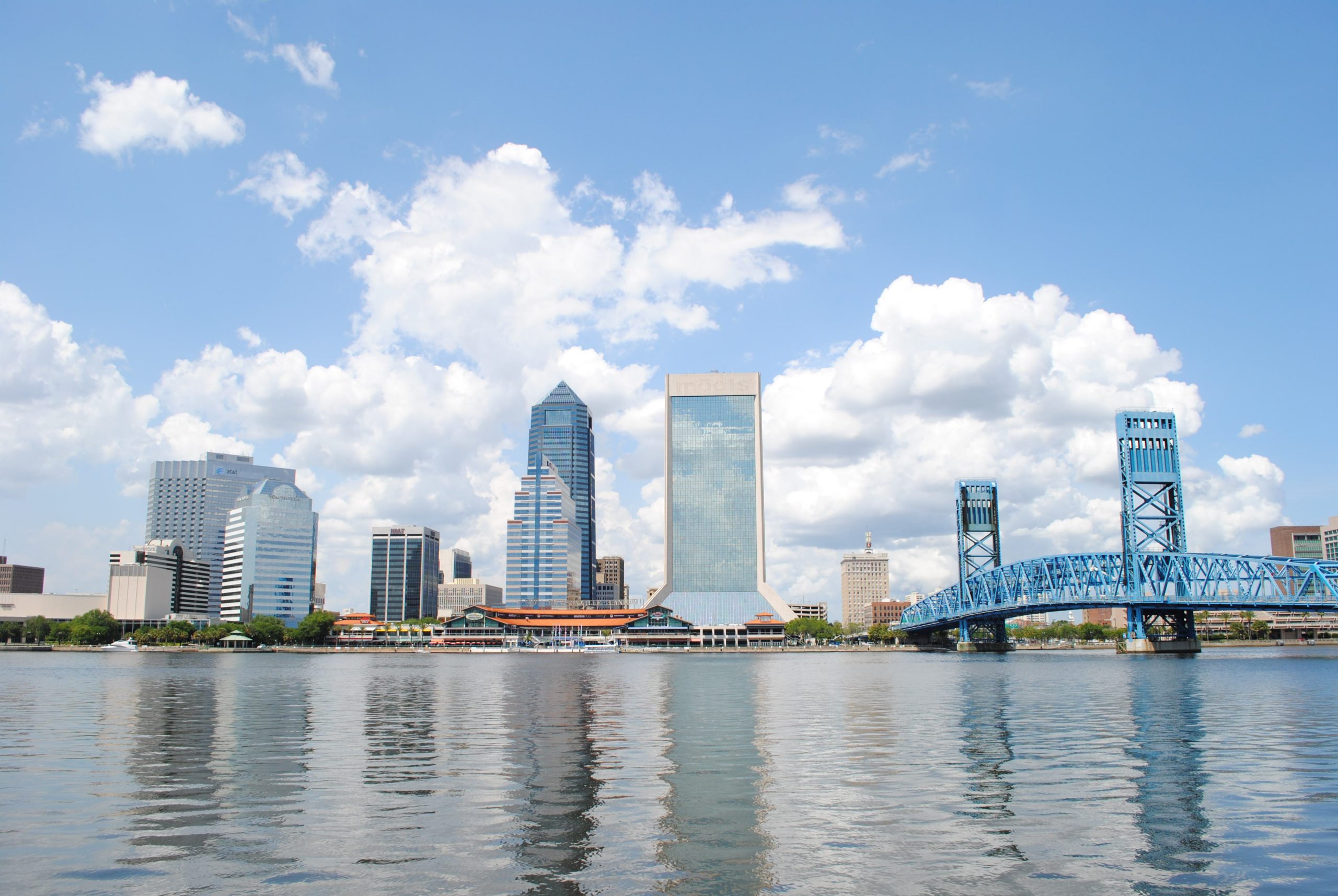
Donna Deegan (D), who is running in the Jacksonville mayoral runoff election on May 16, 2023, completed Ballotpedia’s Candidate Connection survey. These survey responses allow voters to hear directly from candidates about what motivates them to run for office. In Jacksonville, the mayor serves as the city’s chief executive and is responsible for proposing a…
-
U.S. Sen. Dick Durbin becomes Paul Vallas’ first congressional endorsement in Chicago mayoral runoff

On March 26, U.S. Sen. Dick Durbin (D-Ill.) endorsed Paul Vallas in the April 4, 2023, runoff for mayor of Chicago. The state’s other senator, Tammy Duckworth (D), endorsed Mayor Lori Lightfoot in the first round and has not endorsed in the runoff. Vallas and Brandon Johnson are running in the runoff election. Eleven members…
-
Donna Deegan (D), Daniel Davis (R) advance to May 16 runoff in Jacksonville mayoral election
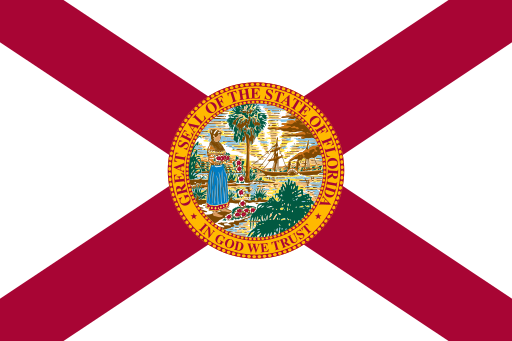
Donna Deegan (D) and Daniel Davis (R) will advance to the May 16, 2023, runoff election for mayor of Jacksonville, Florida. On election night, with 94% of precincts reporting, Deegan led with 40% of the vote, followed by Davis with 25%. Since no candidate received more than 50% of the vote, the top-two finishers advanced…
-
Johnson and Vallas advance to mayoral runoff in Chicago

Brandon Johnson and Paul Vallas advanced from a nine candidate field in the Feb. 28, 2023, general election for mayor of Chicago, Illinois, to an April 24 runoff. Vallas received 33.7% of the vote in the general election. He was the 2014 Democratic nominee for lieutenant governor. He worked as chief administrative officer at Chicago…
-
Chicago mayoral election takes place next week

Nine candidates are running for mayor of Chicago, Illinois on Feb. 28. If no candidate receives more than 50% of the vote, a runoff election will take place on April 4. Mayor Lori Lightfoot, first elected in 2019, is running for re-election. The candidates to perform best in polling and receive the most endorsements are…

